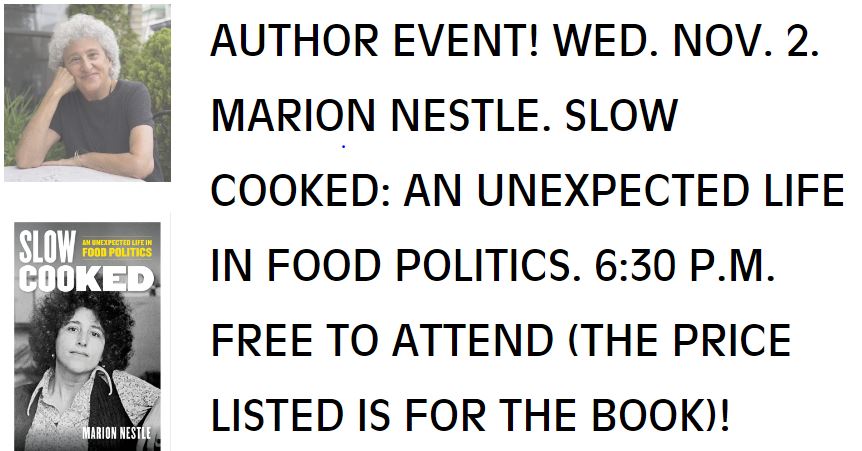Industry-funded study of the week: Headline vs. Study
As regular readers know, I subscribe to the weekly newsletter, Obesity and Energetics Offerings, and particularly enjoy its section on Headline vs Study.
Here’s a particularly amusing example, which right away triggers my question: Who paid for this?
Headline vs Study
- Headline: Snacking on Almonds Can Help People Reduce Calorie Intake: Study.
- Press Release: Believe It or ‘Nut’, Almonds Can Help You Cut Calories, Study Finds.
- Study: “There was no significant difference in total energy intake ([…] p = 0.286) or energy from core ([…] p = 0.860) or discretionary foods ([…] p = 0.158) between [almonds and an isocaloric carbohydrate-rich snack bar].”
Let’s take a look.
Headline: Snacking on Almonds Can Help People Reduce Calorie Intake: Study.
A handful of almonds may be the latest weight loss hack, new research suggests.
A new study from the University of South Australia found that eating 30 to 50 grams of almonds could regulate appetite, leading to less calories consumed each day.
The research, which examined both the hormones that regulate appetite and how almonds could aid in controlling hunger, discovered that the consumption of the nut ultimately led to about 300 fewer calories [sic*]consumed at the following meal.
Press Release: Believe It or ‘Nut’, Almonds Can Help You Cut Calories, Study Finds.
Examining how almonds can affect appetite, researchers found that a snack of 30-50 grams of almonds could help people cut back on the number of kilojoules they consume each day.
Published in the European Journal of Nutrition, the study found that people who consumed almonds — as opposed to an energy-equivalent carbohydrate snack — lowered their energy intake by 300 kilojoules (most of which came from junk food) at the subsequent meal.
Study: Acute feeding with almonds compared to a carbohydrate-based snack improves appetite-regulating hormones with no effect on self-reported appetite sensations: a randomised controlled trial. Carter, S., Hill, A.M., Buckley, J.D. et al.Eur J Nutr (2022). https://doi.org/10.1007/s00394-022-03027-2
Results: “…Cholecystokinin, ghrelin, glucagon-like peptide-1, leptin and polypeptide YY AUCs were not different between groups. Self-reported appetite ratings and energy intake following the buffet did not differ between groups.”
Conclusion: “More favourable appetite-regulating hormone responses to AL did not translate into better self-reported appetite or reduced short-term energy consumption. Future studies should investigate implications for longer term appetite regulation.”
Funding: “This work was funded by the Almond Board of California. This funding source had no role in the design of this study or the analysis and interpretation of the data.”
Conflict of interest: “AMC has consulted for Nuts for Life (an initiative of the Australian Tree Nut Industry). S-YT has previously been involved in studies funded by the Californian Walnut Commission. AMC, JDB and S-YT have previously been involved in studies funded by International Nut and Dried Fruit Council.”
*Comment: How could the headline get it so wrong? The authors write: “Although not significant, the AL group consumed 300 kJ less energy in the meal challenge than the SB group, 270 kJ of which came from discretionary foods, which may be a clinically important benefit in weight management.” The sic partly explains the problem. The 300 refers to kilojoules (kj), not calories. 300 kj = 72 calories, not 300. No wonder the result wasn’t statistically significant.
But the press release and resulting headline explain why the nut industry funds studies like this. Even when the result shows no difference, the PR people can spin the data to produce the expected favorable result.
********
For 30% off, go to www.ucpress.edu/9780520384156. Use code 21W2240 at checkout.





